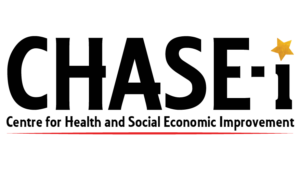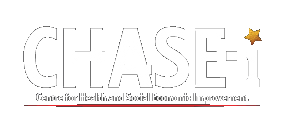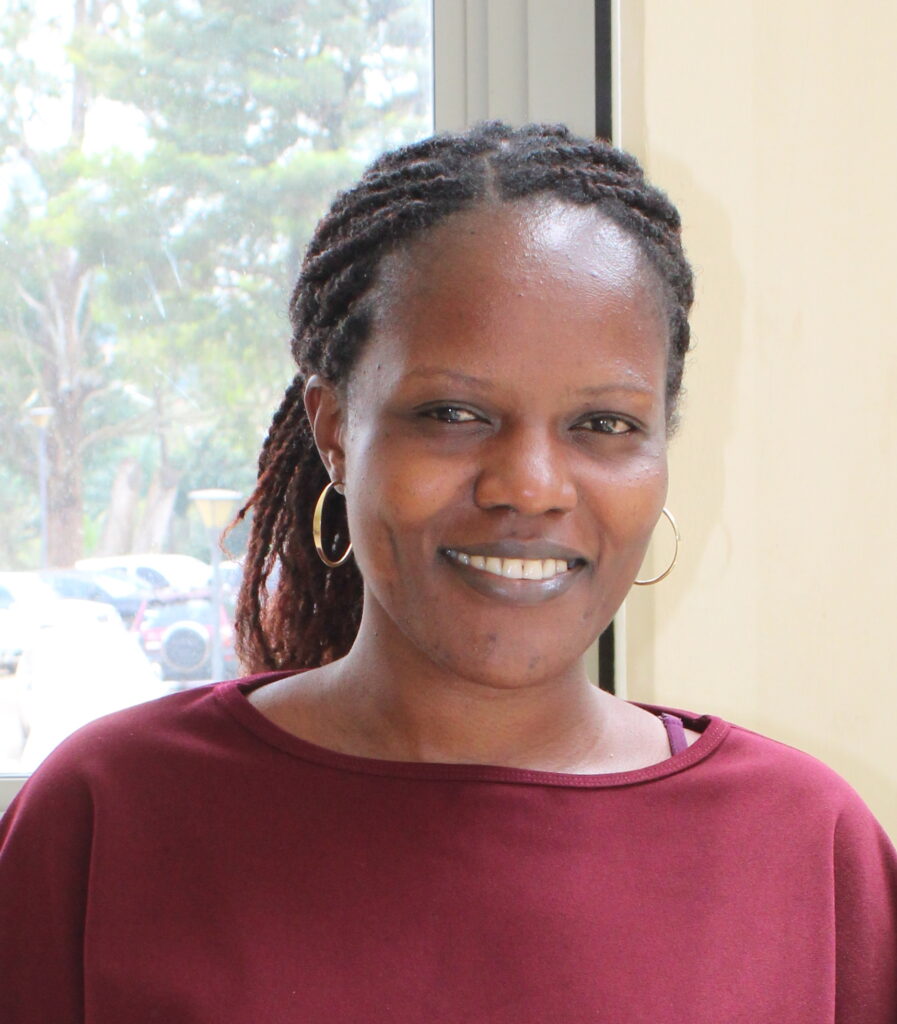Previous Work
Selected Previous Work by CHASE-i members
Maternal, Newborn and Child Health (MNCH)
- (February 2020 – 2021) Endline Evaluation of Uganda’s Investment Case for Reproductive, Maternal, Newborn, Child & Adolescent Health (RMNCAH) Sharpened Plan 2016/17-2019/20. Ministry of Health, World Bank (GFF), APHRC & Count Down to 2030
- Maternal Health Academic Consortium (MHAC): Development of the MHAC which convenes global experts in maternal health to foster collaborative relationships between researchers in the Global South and Global North. Collaboration with the Maternal Health Taskforce (MHTF) at Harvard T.H. Chan School of Public Health, Harvard University.
- Process Evaluation of the Pre-term Birth Initiative. Global Health Programs, University of California and San Francisco.
- Improving the referral network for mothers and newborn babies through a hospital-PHC facilities (x6 hospitals and x6 HCIVs) quality improvement (QI) collaborative in East central Uganda – Jinja, Iganga, Kamuli, Buluba, Bugiri districts (Busoga Region, East Central Uganda). Einhorn Foundation (EF)
- Leadership engagement, hospital governance and capacity strengthening for high-volume lower level health facilities (LLFs) to improve quality of care for maternal and newborn health – Busoga Region. (EF)
- Using Score Cards to improve the utilization and quality of maternal and newborn care services in Kibuku district, Uganda: A feasibility study. Future Health Systems (FHS) and Makerere University School of Public Health (MakSPH)
- Situation analysis of maternal, newborn and young infant health in Karamoja region, Uganda. Moroto, Nakapiripirit, Amudat, Napak, Kotido, Abim and Kabong districts. UNICEF and Ministry of Health
- Barriers to demand and utilisation of the 13 UN lifesaving commodities (UNCoLSC) for MNCH. World Vision
Sexual and Reproductive Health (SRH)
- Evaluation of the 2010/11- 2013/14 Reproductive Health Commodity Security (RHCS) Strategy. UNFPA, Ministry of Health
- Political Economy Analysis (PEA) of Sexual and Reproductive Health (SRH) and sexuality education in Uganda DFID, UNFPA
- Evaluation of the “Gender Integrated Education Programme on Reproductive Health and STIs/ HIV/AIDS for Empowerment of Children Aged 8-14 years and their families in Wakiso”. ISF/ Solidaarius
Health Systems and Quality Improvement
- Support to the capitalisation of experiences (systematisation and documentation) of the Institutional Capacity Building (ICB) II and Private Not For Profit (PNFP) health projects in Uganda (UGA340). Ministry of Health, district health teams (DHTs) and Enabel / Belgian Development Agency
- Evaluation of Interactive Radio Distance Learning (RDL) programme for VHTs and the spillover effects into the community in Kiboga District. World Vision
- Screening for Intimate Partner Violence (IPV) in health facilities. Karolinska Institutet
Training and Capacity Building
- Capacity development and training for Program staff in evidence-based program implementation, learning scientific writing and dissemination. Phase 1& 2. PEPFAR US Dep’t of Defense (DoD) HIV-AIDS Prevention Program (DHAPP) implemented by URC and UPDF/Directorate of HIV/AIDS.
- Capacity Needs Assessment and Strengthening for staff of five international NGOs in humanitarian and development programming. Five (5) projects across four (4) countries in the Great Lakes region (Uganda, Rwanda, Burundi, DRC) supported by Fida International / Govt of Finland MFA
Protection
- Evaluation for a health & livelihoods programme in Kenyan slums (Maisha Poa) FGC-Kenya and Fida
- Evaluation of the Children Affected by Armed Conflict (CAAF) programme. Fida International
Humanitarian (Refugee) Work
- Political Economy Analysis (PEA) to assess capacity and document experiences of refugee hosting districts in Uganda (DFID)
- Mutual and Inter-related Resilience Programme (MIRP): A four (4) year multi-sectoral, multi-agency joint action intervention to improve outcomes for refugee and host community populations in health, nutrition and food security; environmental protection and sustainable energy; education and livelihoods in Kyangwali Refugee Settlement. Collaboration with x5 international NGOs (NRC, ACF, ADRA, LWF and CoS).
- Tracer Study and Market Assessment of Employment and Socioeconomic outcomes among refugee youths. LWF
- End of Project Evaluation – WASH, SRH and Protection (LWF)
- Baseline Evaluation – WASH, SRH and Protection (LWF)
- End of Programme Evaluation (Finn Church Aid)
- Multi-country evaluation of five (5) humanitarian and development programmes in Africa including direct support of vulnerable populations (Uganda, Rwanda, Burundi, DR Congo) Fida International/ Govt of Finland MFA


